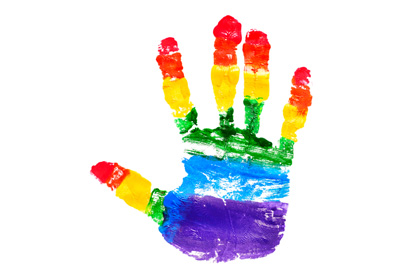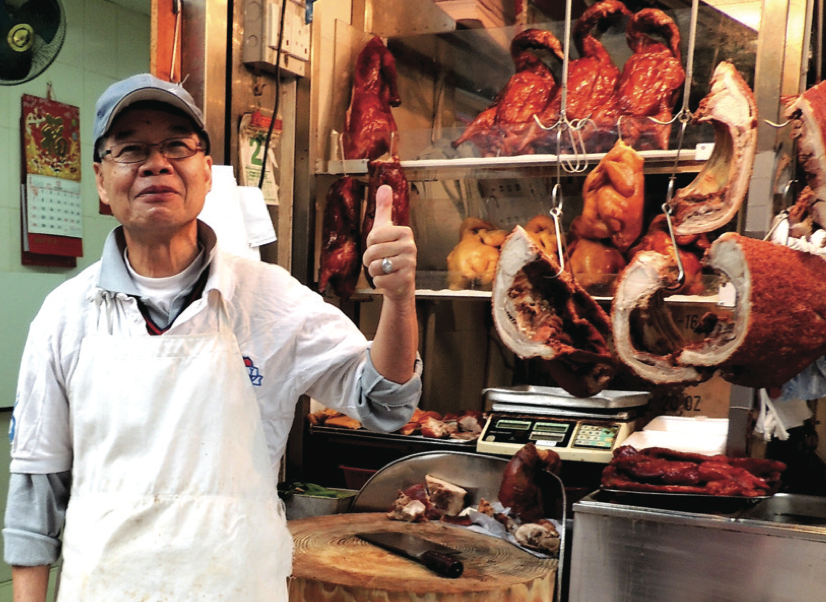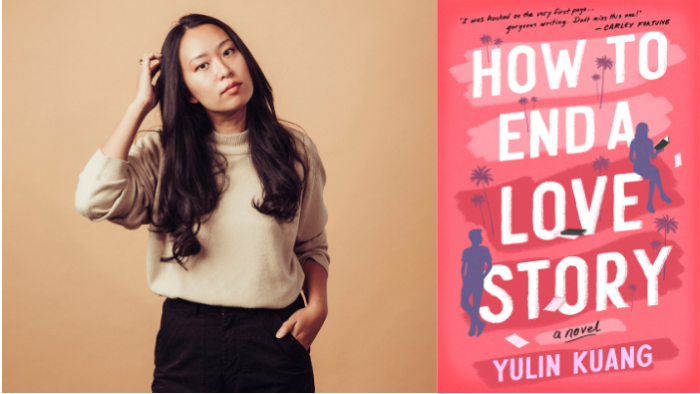by DR. ESTHER OH
In 2000, Hong Seok-cheon was at the height of his career. The South Korean actor had starred in the wildly popular sitcom Three Guys and Three Girls, was host of a primetime variety show and even had his own radio program. Then came a surprise announcement: while appearing on a Korean talk show, Hong revealed he was gay.
In South Korea, the response to the actor’s coming out was immediate and harsh. He was fired from his hosting and acting gigs and received multiple death threats. As he later told the Los Angeles Times in 2012, Hong struggled with the fallout: he started to drink heavily and at one point contemplated suicide. Still, after years of hiding in the closet, something clicked for the actor, who was the first South Korean celebrity to openly acknowledge he was gay. “If I think I’m right, even though other people are against something, I get upset. And I fight,” he told the Times.
For Kim Ji-hoo, a well-known fashion model in South Korea, the fight was short-lived. In 2007, Kim came out as gay. He was immediately fired from all his upcoming fashion shows and TV appearances. Two years later, the 23-year-old committed suicide by hanging himself at his home, leaving behind a suicide note stating that he was lonely and in a difficult situation.
Spreading awareness about gay identity in South Korea’s conservative society is not easy; homosexuality is neither openly discussed nor acknowledged. Even today, years after Hong’s admission and Kim’s death at such a young age, identifying as gay is still considered taboo in South Korea—and among the Korean community in the U.S. as well.
In my line of work in the medical profession, I continue to come across Asians from the older generation who tell me they believe homosexuality is caused by a mental illness. Others with strong religious beliefs share that they cannot support their gay loved ones because homosexuality is “a sin.”
Just like any minority in any society, the lesbian, gay, bisexual, transgender and queer (LGBTQ) community often experiences prejudice, discrimination, harassment and violence. Some LGTBQ members are even shunned from their religious groups or families. For those living in an already conservative culture such as that of South Korea, or for Korean Americans here in the U.S., this often causes confusion, loneliness, stress and guilt. This exacerbates the already high rates of mental health issues within the LGBTQ community.
Consider these statistics from the National Alliance on Mental Illness (NAMI):
• LGBTQ adults are two to three times more likely to suffer from anxiety and depression compared with the general population, while LGBTQ youth (ages 10-24) are six times more likely to experience symptoms of depression.
• Suicide is the leading cause of death for LGBTQ youth and LGBTQ adults are at higher risk for suicidal thoughts and attempts.
• Twenty to 30 percent of LGBTQ individuals abuse drugs and alcohol, compared with about 9 percent of the general population.
Since May is Mental Health Month, and June is Lesbian, Gay, Bisexual and Transsexual Pride Month, I write this column in the hopes of encouraging those who identify as LGBTQ and are struggling with stress, depression, anxiety or relationship conflicts to not grapple with such issues alone. There is no issue too big or too small to discuss with a therapist or psychiatrist. Whether it’s simply talking about your emotions, developing coping skills to manage stress or getting something off your chest, a mental health provider can serve as an important source of support and help for you.
Since having a strong support system is invaluable, I also hope this column encourages parents and family members to keep the lines of communication open. According to NAMI, LGBTQ youth who are rejected by their families are eight times more likely to attempt suicide compared with those whose families are accepting of their sexual orientation or choice to identify as a particular gender. No matter how you feel internally, it’s important to remain loving, respectful and empathetic.
Coming out can be a challenging and stressful process for anyone. The journey can be especially difficult when those around you don’t understand who you are or what makes you happy. Though there is still much work to be done to educate the Korean American, and broader Asian American, community about LGBTQ-related issues, I am optimistic that we will make progress. At the end of the day, it’s important to remember we are all human beings who deserve love and respect despite our differences, including our sexual orientation.
* * *
For more information, visit: Youth Resource at www.youthresource.com; PFLAG (Parents and Friends of Lesbians and Gays) at www.pflag.org; the GLBT National Hotline at 1-888-THE-GLNH; or the Rainbow Youth Hotline at 1-877-LGBT-YTH.
* * *
Dr. Esther Oh, a psychiatrist at the UCLA Neuropsychiatric Institute, writes a regular mental health column for KoreAm. If you have questions, please email her at editor@charactermedia.com. All correspondence will be strictly confidential and only accessed by Dr. Oh. Opinions expressed here represent those solely of the author.
Recommended Reading
“Dr. Esther Oh Talks About Suicide”
“Gay Rights Activists in Korea Step Up to Support LGBTQ Youth”
“Chronicling the Lives of LGBT Korean Americans”
This article was published in the April/May 2015 issue of KoreAm. Subscribe today! To purchase a single issue copy of the April/May issue, click the “Buy Now” button below. (U.S. customers only. Expect delivery in 5-7 business days).






